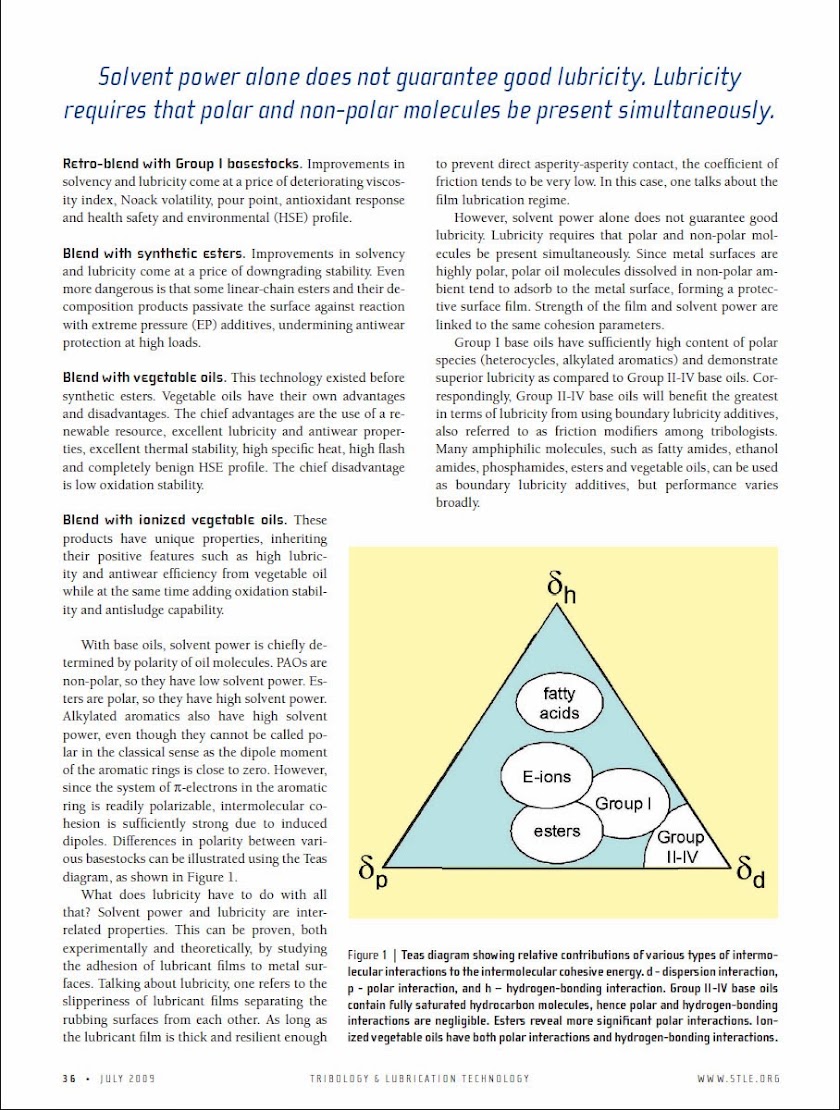Ester is a common synthetic Group V base stock. While it has some excellent oxidation properties, it's a somewhat poor lubricant with some of the smallest oil-film strengths and it may increase wear as it may fight strongly with the AW/EP/FM additives. There are various ester types; so, how dangerous they are in increasing wear depends on the type.
Primary application of Group V ester is blending with Group IV PAO to give it solvency, as Group IV PAO can't be used on its own because it's a "dry" oil (doesn't stick on metal and has poor solvency).
100% ester oils are used in specialty applications. 100% ester oils shouldn't be used in automotive applications as they may result in greatly increased wear in the engine.







